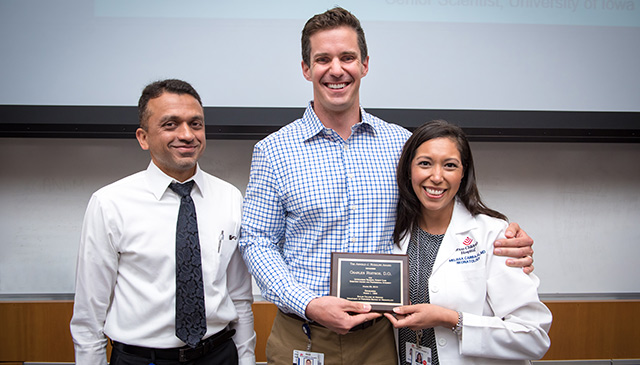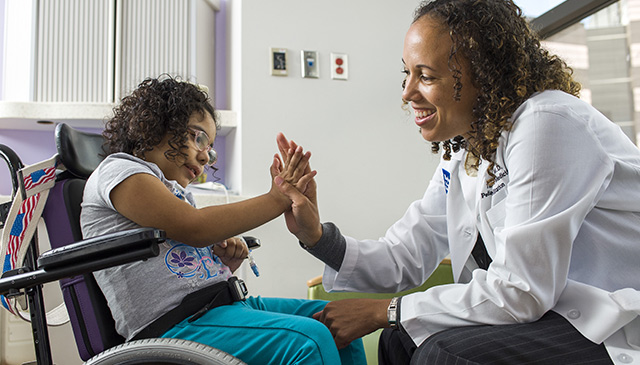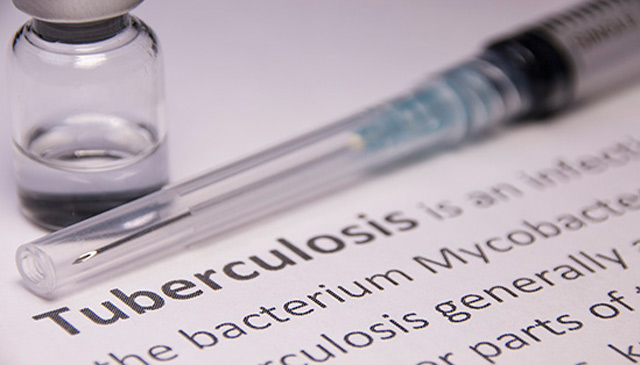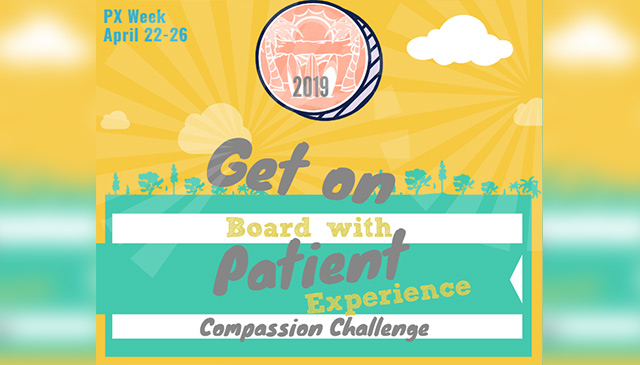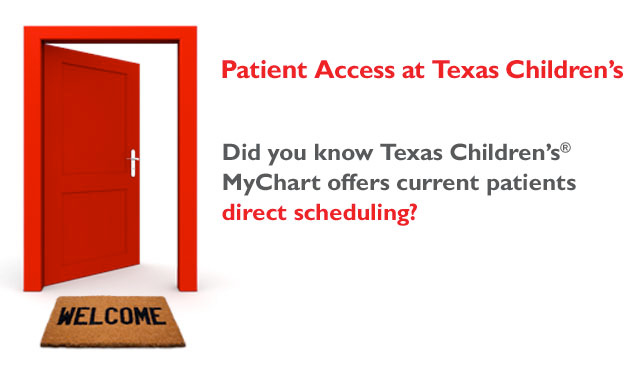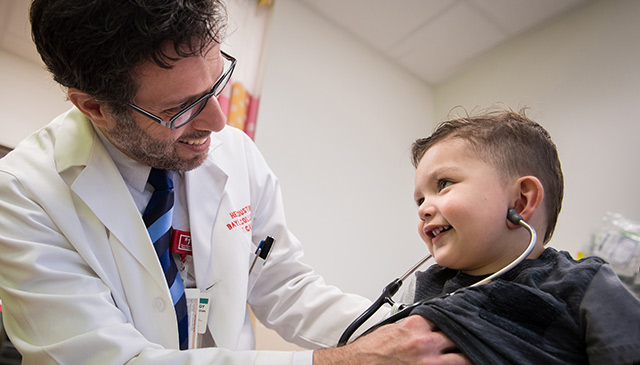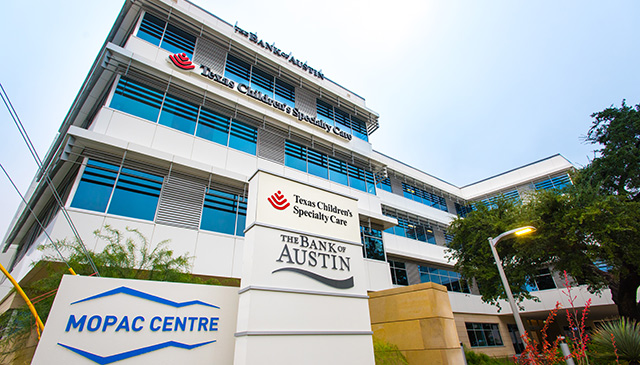
Mere months after opening its doors to patients and families for the first time, Texas Children’s Specialty Care Austin earned recognition from the Austin Chapter of the Associated General Contractors for outstanding construction.
The association selected Specialty Care Austin for its Outstanding Construction Award after considering the difficulty of construction, unusual techniques and the quality and appearance of the completed facility, Jill Pearsall, Vice President of Facilities Planning & Development and Real Estate Services, said. The group also praised how quickly and efficiently Texas Children’s and its partners were able to complete such a complex project – particularly as a new entrant in the Austin market.
The clinic currently comprises 26,000 square feet on the MoPac Expressway in the bustling north-central area of the city, with 30 exam rooms and facilities for subspecialty care including cardiology, ophthalmology, pulmonology, and allergy and immunology.
“We are thrilled to have this recognition as it represents the overall work of the amazing Austin project team and the quality of environment that Texas Children’s is bringing to Austin,” said Allison Muth, facilities project manager. “There is so much construction activity happening in the Austin area, and it’s an honor to have the specialty care project recognized as one of the best interior renovation projects in the area. We couldn’t have accomplished this without the support of our design and construction partners: McCarthy, Page and Transwestern.”
Texas Children’s employees also helped to design Specialty Care Austin by providing input on the functional needs of the space from the front-line perspective. Employee feedback was further incorporated into the construction and occupancy processes along the way.
The opportunity to help introduce Texas Children’s to a new city encouraged the project team to think outside the box while also maintaining the classic brand look and feel. They were intentional about partnering with local companies and vendors on the project to forge positive, new relationships.
“It’s pretty significant to be awarded in both the health care arena and construction arena at a facility in Austin, especially for our first time there,” Pearsall said. “You can walk through the clinic and see it is new and fresh with bright, updated colors and natural light; it stands out. We still have a lot of room to grow, but it’s a great location and setting, and our patients and families are in awe. This recognition from the Austin Associated General Contractors is a sign of our success so far.”


